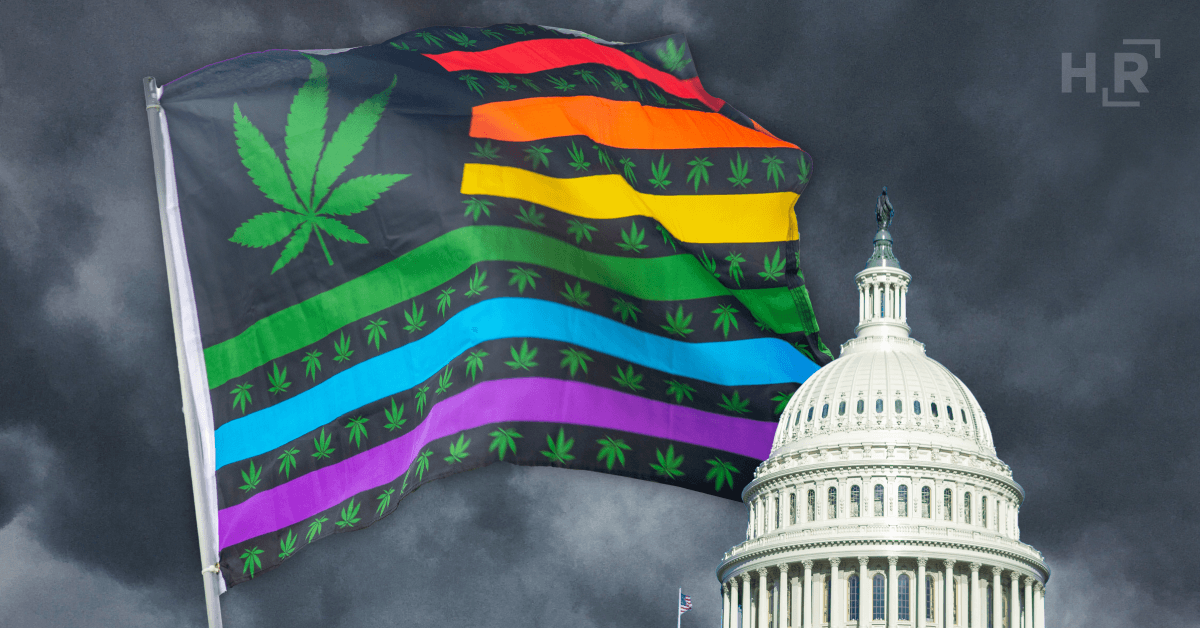DC Council Advances Job Protections for Marijuana Users
Washington DC recently passed a bill providing new employment protections for #marijuana users. The bill, titled the Cannabis Employment Protections Amendment Act of 2022, may go into effect next year. What does this mean for employers? Read more on the HireRight blog.

This blog was originally published in Forbes on June 10, 2022.
The Washington DC Council approved a bill that provides broad protections for marijuana users in the city. The bill, titled the Cannabis Employment Protections Amendment Act of 2022, prohibits employers from adversely affecting the employment of any person who uses marijuana, even if they test positive for the drug. If the bill is signed by Mayor Muriel Brown, passes Congressional review, and is funded, it will become effective one year later.
The bill will prohibit employers in the District from refusing to hire a job candidate or terminating, suspending, failing to promote, or demoting an employee, or otherwise penalizing an individual based on their use of cannabis, status as a medical cannabis patient, or for testing positive for cannabis absent impairment.
While the bill will impact most employers in the District, the bill identifies several exceptions that permit employers to deny employment to candidates or employees within safety-sensitive occupations, including:
“The provision of security services, such as police, special police, and security officers, or the custodianship, handling, or use of weapons, including firearms;”
“Regular or frequent operation of a motor vehicle, heavy or dangerous equipment, or heavy or dangerous machinery;”
“Regular or frequent work on an active construction site or occupational safety training;”
“Regular or frequent work on or near power or gas utility lines;”
“Regular or frequent handling of hazardous materials” as defined in the bill;
“The supervision of, or the provision of routine care for, an individual or individuals who are unable to care for themselves and who reside in an institutional or custodial environment;” or
“The administration of medications, the performance or supervision of surgeries, or the provision of other medical treatment requiring professional credentials.”
Employees of the federal government and the District’s courts are excluded from the scope of the bill. However, it does offer protections for other government employees within the District.
The bill also provides broad latitude for employers to identify safety-sensitive positions “in which it is reasonably foreseeable that, if the employee performs the position’s routine duties or tasks while under the influence of drugs or alcohol, he or she would likely cause actual, immediate, and serious bodily injury or loss of life to self or others.”
Worker protections for marijuana use will not apply to where:
A federal statute, regulation, contract, or funding agreement requires an employer to take action based on an individual’s marijuana use; or
The worker used or possessed marijuana at the worksite or while on duty; or
The worker displays “articulable symptoms” of impairment that “substantially decrease or lessen the employee’s performance” of their job or interfere with an employer’s “obligation to provide a safe and healthy workplace.”
The bill will permit employers to adopt a “reasonable drug-free workplace or employment policy” that includes post-accident or reasonable suspicion drug testing of employees in safety-sensitive positions.
Employers will maintain several obligations under the bill, including engaging in an interactive process or dialogue with an individual that is a lawful medical marijuana user that assesses the reasonable accommodation of the worker’s medical marijuana use and any potential burden it places on the employer. Employers will also be required to notify workers of their rights afforded by the bill, including if an employer has designated a worker’s role as safety-sensitive, and the employer’s protocols for drug and alcohol testing. The notice must be provided to all new hires upon employment and existing workers within 60 days of the bill becoming effective and annually thereafter.
If enacted, Washington DC will be the fourth jurisdiction behind Nevada, New Jersey, and Montana to provide broad protections for medical and recreational marijuana users that prohibit adversely affecting a worker’s employment based on a positive drug test for marijuana alone. In advance of the likely adoption of the District’s bill, employers across the United States are advised to engage their screening partners and review and revise their drug screening policies and processes to ensure compliance with the myriad of quickly evolving laws.
Release Date: June 21, 2022

Alonzo Martinez
Alonzo Martinez is Associate General Counsel at HireRight, where he supports the company’s compliance, legal research, and thought leadership initiatives in the background screening industry. As a senior contributor at Forbes, Alonzo writes on employment legislation, criminal history reform, pay equity, AI discrimination laws, and the impact of legalized cannabis on employers. Recognized as an industry influencer, he shares insights through his weekly video updates, media appearances, podcasts, and HireRight's compliance webinar series. Alonzo's commitment to advancing industry knowledge ensures HireRight remains at the forefront of creating actionable compliance content.